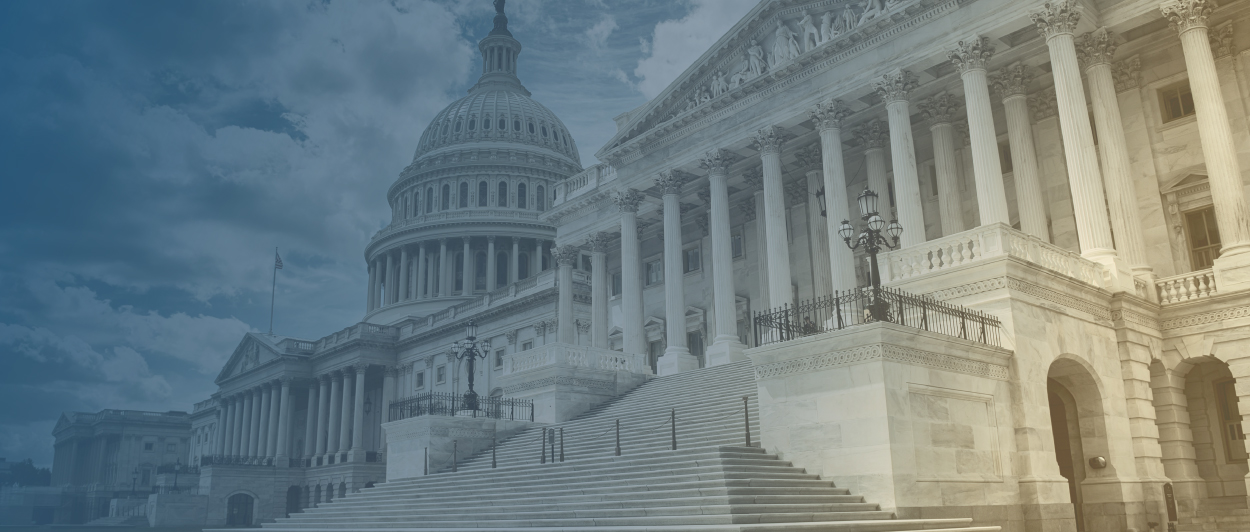The Economics for Business Podcast
A podcast based on the winning principle that entrepreneurs need only know the laws of economics plus the minds of customers. After that, apply your imagination.

175. Curt Carlson: Value Creation as a Life Skill
0 Comments
/
Curt Carlson has devoted his life to value creation and innovation — VC&I as he sometimes characterizes it. He has been CEO of SRI, a “pure innovation” company where the business model was to create important new innovations that positively impacted the lives of many people. He talks to Economics For Business about value creation and innovation as a life skill.

174. Sterling Hawkins: Discomfort Is Your Most Valuable Feedback Loop
Negative feedback loops give us the opportunity to improve our service delivery capacity, and the value proposition behind it. Sterling Hawkins has identified the ultimate feedback loop for personal performance. He calls it discomfort.

173. Rene Rodriguez: Unleashing Voluntary Energy Via Influence
n we persuade a customer to switch to our brand or service? Can we get the board or the C-Suite to approve our proposal? Can we convince a VC to fund our startup? The common denominator across all these tasks is influence.

172. Christian Sandström: Why Governments Can’t Act Entrepreneurially
A strange strand of thought has emerged in European political economy circles that has been given the name of The Entrepreneurial State. The headline claim is that the state (i.e., nation state governments) can and should intervene in the economy to bring about innovation.

171. Ben Ford on Situational Awareness and Managing for Constant Change
The increasing adoption of systems thinking in business tells us that the world is changing very fast, and companies need to change at least as fast as their environment in order to thrive.

170. Annika Steiber: Rendanheyi is the Most Radically Disruptive Organizational Innovation
Innovation in organization is at least equal in importance to technological innovation and product / service innovation. It tends to get less attention, which is a great opportunity for imaginative entrepreneurs to implement change for competitive advantage.

169. Jeff Arnold: A Passionate Entrepreneur Profitably Redesigns The Insurance Experience
Is there any industry a passionate entrepreneur can’t improve and enhance by elevating the customer experience? The answer is clearly no. Economics For Business talks to Jeff Arnold, who finds insurance fun, exciting, and a source of inspiration, and who is advancing profitably towards the new future he’s imagining, where buying insurance is so enjoyable that customers will stop shopping on price and clamor for the new experience he is designing.

168. Anthony J. Evans: Markets for Managers and Entrepreneurs
. We discuss markets with Anthony J. Evans, a business school professor who teaches that all businesspeople must become economists.

167. Mo Hamzian: Everyone Deserves the Best Workplace
There’s a lot of speculation about the future of work — what form it will take, where it will be done, and who will do it (including the robots versus humans debate). We talk to Mo Hamzian, an entrepreneur who is not only theorizing about the future of work, but building newly imagined workspaces that combine spatial design with technology and custom services, making elite workspaces available to everyone.

166. Murray Sabrin: What Entrepreneurs Do When The Yield Curve Inverts
To what extent should entrepreneurial businesspeople concern themselves with macro-economic variables? At E4B, our point of view is: not much. We made an exception this week to discuss the phenomenon of the inverted yield curve, because it might, conceivably, have some immediate effect on businesses and their customers.

165. Darshan Mehta: Insights Are Game-Changers For Business
answer. But it’s a mystery, hard to unlock. We talk to Darshan Mehta, a lifelong professional in the field, an advisor to global and local brands, an originator of insights technology, and a deep thinker in the field.

164. Per Bylund: Think Better, Think Austrian — A How-To Guide
Economics is a way of thinking. It’s conceptual, and its concepts can help businesses to make better decisions. The most important business decisions are those that pertain to the generation of value for customers since that is the purpose of the firm.